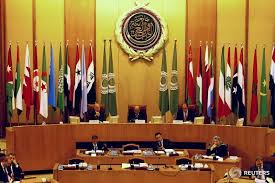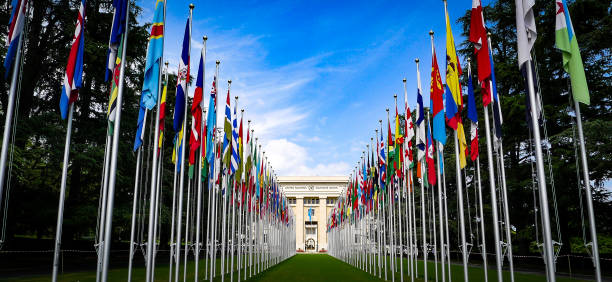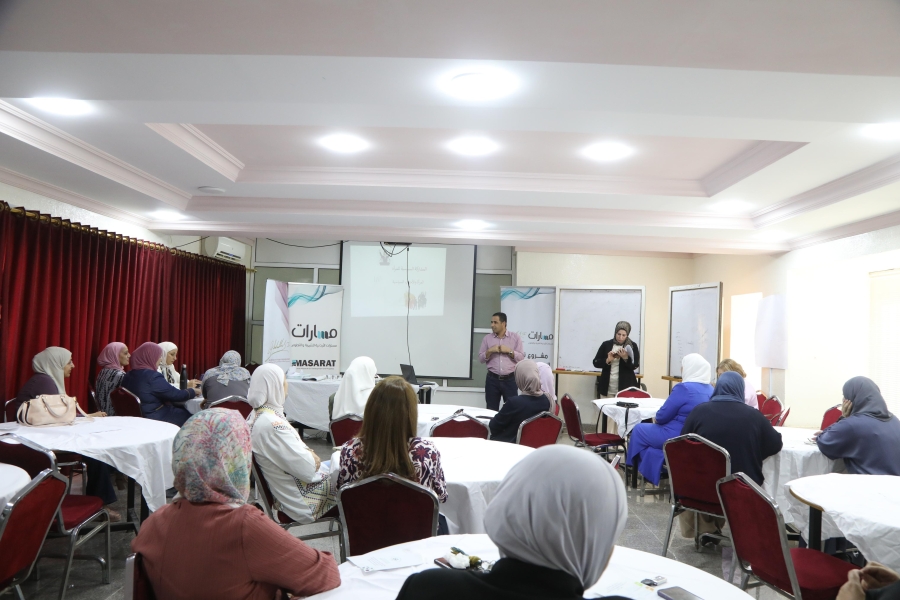عودة سوريا للجامعة العربية.. قفزة بالدور الأردني

أوراق مسارات- مشهد وقراءة
بدت التصريحات التي أدلى بها الأمين العام لجامعة الدول العربية، أحمد أبو الغيط، مؤخرا، حول رغبة كل من الأردن والعراق والجزائر بعودة سوريا إلى كنف الجامعة بعد تعليق عضويتها قبل نحو 10 سنوات، لافتة ومثقلة بالدلالات، لا سيما فيما يخص الدور الأردني بهذا الصدد
بعيدا عن العراق والجزائر اللتان كانتا بالأصل ضد تعليق عضوية سوريا، يمكن وضع الموقف الأردني هذا تحت المجهر، مربوطا بلا شك بتطورات جوهرية شهدتها العلاقات بين عمان ودمشق خلال الفترات الماضية، بدءا من تبادل زيارات لوفود وزارية وتجارية، مرورا بزيارة وزير الدفاع السوري، العماد علي أيوب، إلى الأردن وإجراء محادثات مع قائد الجيش اللواء يوسف الحنيطي، وفتح حدود البلدين، وليس انتهاء بتلقي الملك عبدالله الثاني اتصالا من الرئيس السوري بشار الأسد.
ترميم العلاقات الأردنية السورية التي ضربت في الصميم على وقع الأزمة في سوريا، يعبر عن رغبة متبادلة بين البلدين، ذلك أن عودة العلاقات في سياق علاقة طبيعية وصحية بين أي بلدين متجاورين، تعني دفعة شرعية للنظام السوري وتعزيزا لمنطق الأمر الواقع الذي يفرض وجوده وبقائه بعد زوال المخاطر التي ظلت طيلة سنوات مضت تهدد عرشه وتضعه في سيناريوهات غيره من الزعماء الذين عصفت بهم رياح ما يُعرف بـ”الربيع العربي”.
ترميم العلاقات الأردنية السورية التي ضربت في الصميم على وقع الأزمة في سوريا، يعبر عن رغبة متبادلة بين البلدين
ولا يمكن للنظام السوري كذلك، أن يتجاوز مكانة الأردن والملك في الساحتين العربية والدولية، لا سيما بالنسبة للولايات المتحدة الأميركية في عهد جو بايدن، وكذلك روسيا التي تتعامل مع الموقف الأردني بمرونة وإيجابية، ولعل أبرز ما يعزز هذا الطرح هو نجاح الملك خلال زيارته الولايات المتحدة الأميركية مؤخرا، من "تليين” موقف واشنطن تجاه نظام الأسد، بتمرير عودة النشاط التجاري والاقتصادي بين الأردن وسوريا من خلف ظهر قانون قيصر، فيما يمكن أن تشكل المملكة أيضا قناة اتصال خلفية بين النظام السوري والأميركان الذين بات موقفهم في ظل ظل إدارة بايدن أقل خشونة تجاه الأسد
أردنيا، تبحث الدولة عما تراه تحقيقا لمصالحها العليا، فثمة حدود يجب ضبطها من الجانب السوري لضمان عدم حدوث أي انفلات يتيح تسلل إرهابين أو تهريب أسلحة ومخدرات، فضلا عن القلق من أي نشاط لميليشيات تتبع لحزب الله اللبناني أو إيران، وثمة أيضا مصالح تجارية واقتصادية ليس من مصلحة الأردن أن يستغني عنها، فضلا عن الأمل مستقبلا بالتوصل إلى حل ينهي التواجد الضخم للاجئين السوريين في المملكة.
لا يمكن للنظام السوري، أن يتجاوز مكانة الأردن والملك في الساحتين العربية والدولية، لا سيما بالنسبة للولايات المتحدة
الواضح أن الأردن يمضي في مساره الخاص مع النظام السوري، متحررا أكثر من أي وقت مضى من عبء القرارات والمواقف العربية والدولية، مستفيدا في ذلك من تفاهمات مريحة مع طرفي القوة والنفوذ (أميركا وروسيا)، ومستفيدا كذلك من برود الملف السوري عربيا، لا سيما فيما يتعلق بالسعودية التي لم تعد فاعلة بهذا المشهد، وتستنزف الحرب في اليمن طاقتها وجهدها، فيما استدارت الإمارات مبكرا نحو تجويد العلاقات مع نظام الأسد الذي تدعمه أيضا مصر منذ تولي عبد الفتاح السيسي سدة الحكم، بينما لا يشكل الموقف القطري المناوئ للنظام السوري ثقلا حقيقيا في المعادلة
بالمحصلة، تبقى العلاقات الأردنية السورية تحت المجهر، وكذلك الدور الأردني "الناعم والهادئ”، في إعادة الدولة السورية إلى حضنها العربي والذي قد يتوج بحضورها القمة العربية المقررة في الجزائر خلال شهر آذار (مارس) المقبل






